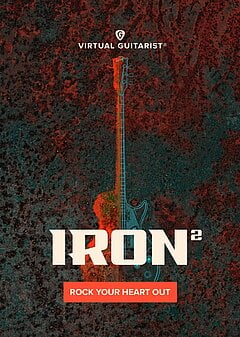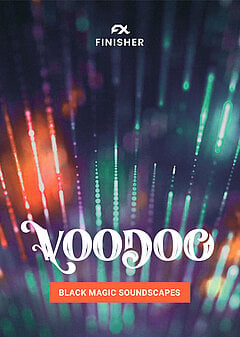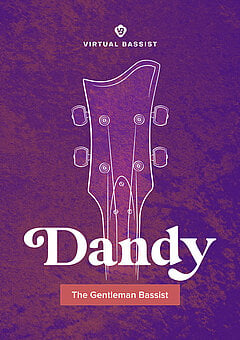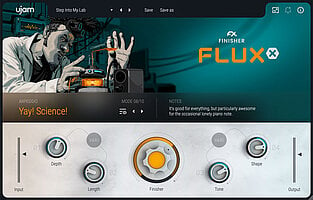The Ultimate Buyer’s Guide for Music Producers
A quick guide to choosing gear that will help you get up and running as a music producer or improve your bedroom studio
NOVEMBER 27TH, 2020
In this article, we’re going to dive into what gear will be the most helpful based on your specific needs as a music producer. If the list is overwhelming, don’t worry; no single piece of gear is absolutely necessary to become a successful producer, and you can work your way through this list as your budget allows. We’ll go through what equipment you need for music production, along with some nice to haves that will make your life as a producer much easier.
What’s the best audio interface?
As with any gear, your first question should be: “What’s the minimum I need to be able to create the music I want?” Any number of audio interfaces will likely accomplish this task, but they vary in sound quality, number of inputs, ease of use, etc.
One part of the signal chain to keep in mind is digital to analog conversion (DA for short), as this directly affects the quality of the audio that gets sent to your headphones, amplifier or monitors. This is the hardware that is responsible for turning the digital signal coming out of your computer into audio you can hear, and it’s incredibly important.
Two of the most common medium-high end audio interfaces are the UA Apollo Twin MKII and Apogee Duet, and are reasonably priced for their value. They’re ideal for small recording setups where you don’t need to record a lot of different instruments at once. While not the most expensive they can still feel cost-prohibitive for many producers; in this case, look into the Focusrite Scarlett 2i2 to get up and running. You can always upgrade your interface later!
Numerous companies have options for 8 input recording and beyond, but chances are, you won’t need to run that many instruments, vocals or hardware synths into your session at once. So feel free to start small! Here’s a video that presents more audio interface options if you’re still on the fence:
How much RAM and storage do I need?
This is a quick one. You’ll want at least 16GB, but when in doubt try 32GB. This is typically only relevant if you work with a lot of sample libraries, as they require a lot of audio to be loaded into memory at once. If you need an upgrade, Crucial and Corsair both produce excellent RAM cards. If you use a Macbook Pro M1, you may find that performance issues are no longer an issue (unless you have a complicated hardware setup); check out this article for a more detailed description of the pros and cons of running a DAW on the new Macbook Pro. In all but the most demanding setups, it eliminates performance and RAM concerns, which is huge for music producers. Unfortunately, if you’re using Windows, you may still have to install new RAM if you’re running a lot of sample libraries.
If you can swing it, get an SSD to run your operating system. These lightweight drives are much faster than their hard drive counterparts, and everything will run more smoothly if you make the upgrade. The Samsung EVO is a solid option.
What’s the best DAW for music production?
This is among the most heated topics in all music production! The simplest answer is that it largely depends on what sort of musical work you’ll be doing most often, as all DAWs have their strengths and weaknesses. For example, do you only write EDM? Do you add in a lot of sample libraries for hybrid electronic or even film composing work? Do you record a lot of live instruments or vocals? Are you strictly a sound designer who rarely if ever works on music? All of that should factor into your decision. No one DAW is best for all producers.
It would be impossible to go into all the nuances of each major DAW here, but you can accomplish virtually anything you want with Studio One, Live, Logic Pro, and FL Studio. All of these are great for beginners and support the needs of more experienced producers. Most of them offer demos -- take advantage of these to make the most informed decision possible!
Should I get headphones or studio monitors?
This is hotly debated, and the decision isn’t made any easier by the fact that many pairs of headphones are now sold under the premise that they mirror the effect of studio monitors. But there are certainly a few guidelines to help you narrow things down.
First off, comparing studio monitors with headphones is difficult because the ideal use for each is different. But for what it’s worth, at comparable quality, monitors will almost always be pricier.
If a good set of monitors is outside of your price range, getting nice headphones works fine provided you check your mix through as many other sources as possible (phone speakers, car speakers, even laptop speakers). You need a reference point that’s farther away from your ears.
The Audio Technica ATH-M50x headphones are a great choice if you’re on a budget, as they’re a nice step up from consumer models and into the professional world. For monitors, the ROKIT 5 G4 is a great starting point for producers. Whenever you buy monitors, check to make sure you’re getting a pair; a lot of dealers sell them individually and you don’t want to be stuck with just one!
What microphones should I use?
It’s easy for your stomach to drop when you look at the price tag on an industry standard mic. Professional engineers with years of experience under their belts often rely extensively on these, but you’d be surprised by the quality you can get out of relatively inexpensive options. To get started, look at the Rode NT1-A and Shure SM57.
One thing you’ll find quickly with microphones, even if you don’t yet have a great ear, is that every single one sounds different. Unlike audio interfaces and monitors, you may feel an urge to collect mics over time and use multiple on a single track. Whenever possible, test out a mic before buying that model. Some engineers will love a microphone while others will hate it, so make sure you get one that you actually enjoy using!
What else do I need to know?
There will always be more gear to buy, and the temptation to go crazy will never fully go away. That’s a good thing! There’s always more you want to create, more to be inspired by. Updating your gear from time to time helps keep you fresh and gives you new sources of joy when you’re producing music.
Never feel that you need a piece of gear to make you a better producer; new gear is a way to get a fresh perspective and add to the quality of your work, but it can never replace skill! If it’s within your ability and budget to do so, treat yourself to something nice to make the production process more fun.
And when you’re looking for new audio plugins, you know exactly where to start! Keep an eye on our shop to be the first to know about new products.
Stay Up To Date
Sign up and we’ll send you an e-mail with product news and helpful stuff every now and then.
Defy Limits
We develop software solutions that enable people to create, consume and interact with music.








